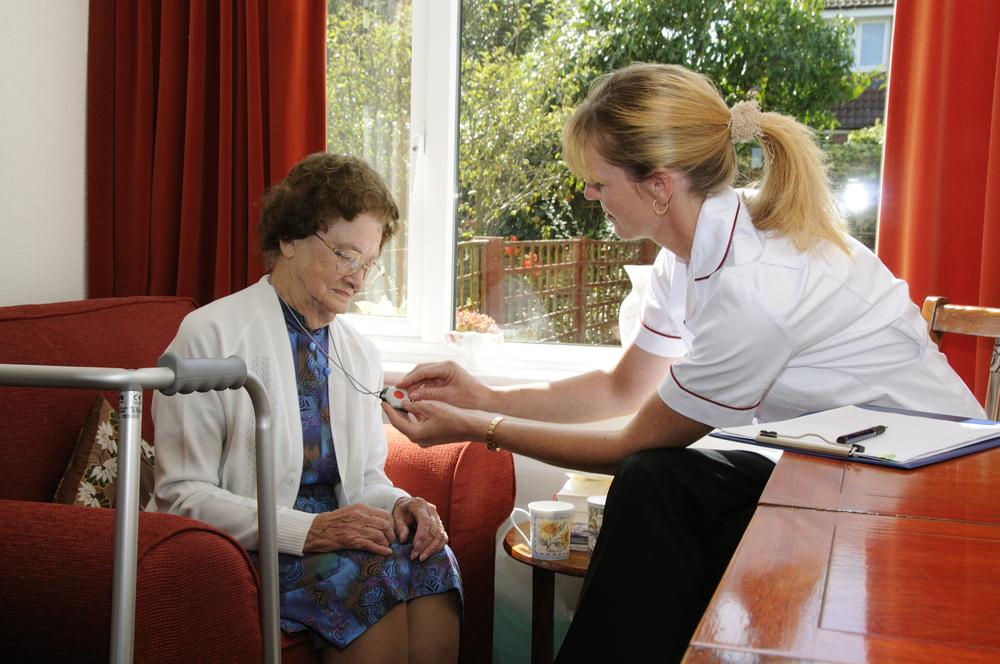4 Commonly Asked Questions About Medical Alert Systems
4 commonly asked questions about medical alert systems
A medical alert system typically comes in form of a wearable device like a bracelet with a button, which on being pressed, allows the person in need of help to get assistance. You will find a wide variety of medical alert system for seniors of different brands that promise different services. You need to keep in mind that every medical alert system is different, and they provide different types of services.
You need to choose a medical alert system that offers the features that you need. Read on to find out more about medical alert systems with GPS tracking and how to pick the best medical alert system for seniors.

Should you go for a home-based or mobile system?
- When it comes to choosing a medical alert system with GPS, you have two main types to choose from– home-based systems or mobile systems.
- Earlier, medical alert systems had a home-based unit that let a person connect with the dispatcher through a wearable call button. The home-based medical alert system is great for older adults or people who are homebound.
- People who go outdoors frequently should consider buying a mobile system. These medical alert systems operate over cellular networks and come with GPS technology. A medical alert system with GPS is handy and helpful if a senior has lost their way, and are unable to talk or convey a message to the dispatcher.
Should you choose a monitored system or an unmonitored one?
- You have the option to decide whether you want to go for a medical alert system that is monitored by a 24/7 dispatching center or one that isn’t constantly monitored.
- If you choose the one that isn’t monitored, then upon pressing the wearable call button, the patient will be able to contact a friend or a family member whose number is programmed in the emergency contact list.
What should you know before choosing a monitored medical alert system?
- The main difference between a monitored medical alert system and the unmonitored one is the price.
- If you choose to buy the monitored one, then along with paying for the medical alert system, you will also have to pay a monthly fee for the monitoring service. Not just that, at the time of purchase, you might also have to pay an initial activation fee and maybe sign a contract.
- If you choose the monitored medical alert system, then make sure that you are aware of the cancellation and return policies before you buy the product.
Do you need to buy a medical alert system with a fall-detection feature?
- Today, if you pay an additional monthly fee then many brands offer you a medical alert system that comes with a new age feature that detects falls. Basically, this system will alert the emergency contact every time the patient falls.
- While this feature seems to be a blessing, there is a constant debate about its effectiveness. This is because many times, this system might create a false alarm and make you panic unnecessarily.
- The fall-detection feature sometimes registers a fall even if you drop the wearable device by mistake or if you lose your balance but catch yourself before you fall.
A very important factor to consider while investing in a medical alert system with GPS tracking is its usage. If you feel that you will be using the device for a short period of time, then you must think about renting a device instead of buying one. This way, you will save a considerable amount as these devices cost a bomb and you will be paying somewhere between $29.95 to $89.95 per month.
Just make sure that you know exactly what you are looking for, as that will save you a lot of time. Do a comparative study of the best medical alert systems for seniors and find a portable medical alert device that will suit your needs and budget.
Tag: medical alert systems with gps, medical alert systems seniors, medical alert systems seniors comparison, senior alert systems, best medical alert systems seniors, medical alert device portable medical alert device, medical alert bracelets

